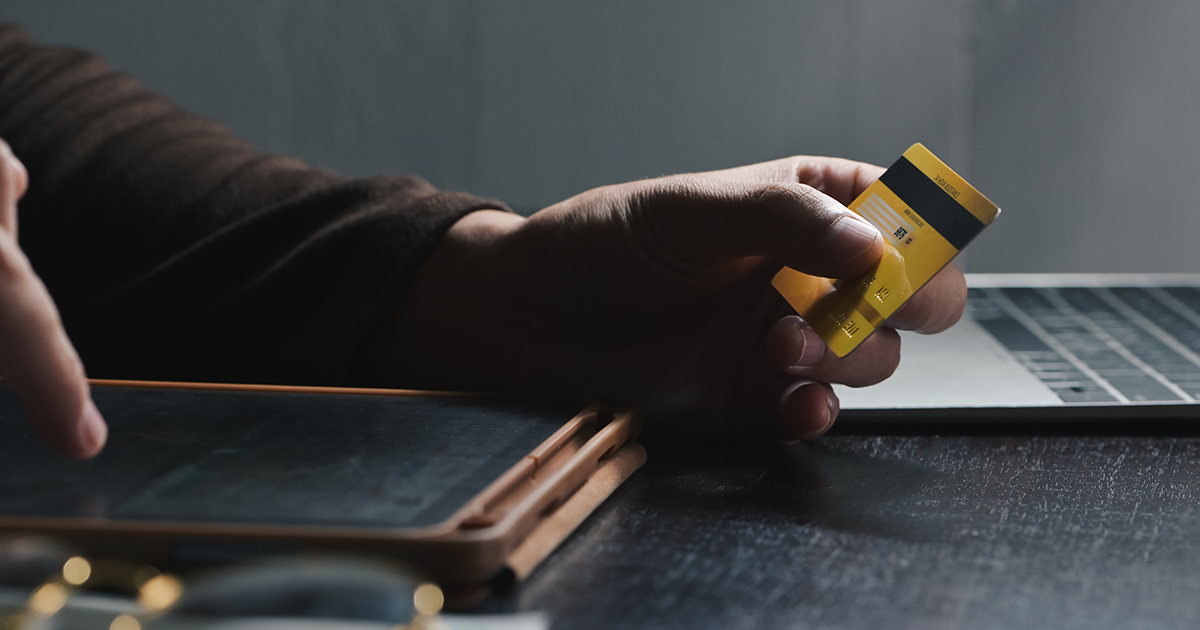
You've probably seen those three-digit numbers on the back of your credit or debit cards. They're called CVV numbers, and they play a significant role in your payment security. In this post, we'll explain what CVV numbers are, how they work, and why you should never share them with anyone.
What Is a CVV Number?
CVV, which is short for card verification value, is a three-digit number located on the back of most credit and debit cards. This number helps to verify the cardholder's identity and helps to prevent fraud. When you make a purchase online or by phone, the merchant will ask for your CVV number. This is to prove that you are the rightful owner of the card and that you are making the purchase yourself. If you don't have your CVV number handy, you may be asked to provide some other form of identification.
How Do CVV Numbers Work?
When you make a purchase online, the CVV number is one of the pieces of information that is required to confirm the transaction. You might also see it referred to as a CVC number or Security Code. The CVV number is a three-digit number that is printed on the back of most credit and debit cards. It is used as an added layer of security to help protect your card against fraud. When you make a purchase, the CVV number is checked against the information that is stored on file for your card. If the numbers match, it confirms that you are the legitimate cardholder and that the transaction is proceeding with authorization.
Why Are CVV Numbers Important?
Your CVV number is an important security feature that helps to protect your credit card against fraudulent use. The three-digit number on the back of your card is used to verify your identity when you make a purchase online or by phone. This number is important because it helps to prevent someone from making unauthorized charges to your account. Without your CVV number, it would be much more difficult for someone to make a purchase with your credit card. So, if you're ever asked to provide this number, be sure to do so!
How Can I Keep My CVV Number Safe?
Now that you know what a CVV number is and how it works, you may be wondering how to keep it safe. Here are a few tips:
- Don't share your CVV number with anyone, even if they claim to be from your bank or the credit card company.
- Don't write your CVV number down anywhere it could be accessed by someone else.
- Make sure you're signed out of any shopping or banking websites when you're done using them.
- If you're using a public computer, use a virtual keyboard to enter your CVV number.
- Install a good antivirus program and keep it updated.
How Can I Find My CVV Number?
If you're not sure where to find your CVV number, don't worry, it's easy! Just look for the three or four digits on the back of your credit or debit card that is preceded by the letters CVV. Some cards have the CVV number printed on the front of the card, but this is less common. So, if you're looking for it and can't find it on the back, try checking the front of your card.
Conclusion
You've probably seen CVV numbers on the back of credit cards and wondered what they are. CVV, or Card Verification Value, is a three-digit number that helps to verify your credit card. This number is unique to your card and is used to help prevent fraud. When you make a purchase online or by phone, the merchant will ask for the CVV number on the back of your card. This helps to ensure that the person making the purchase is actually in possession of the credit card.

